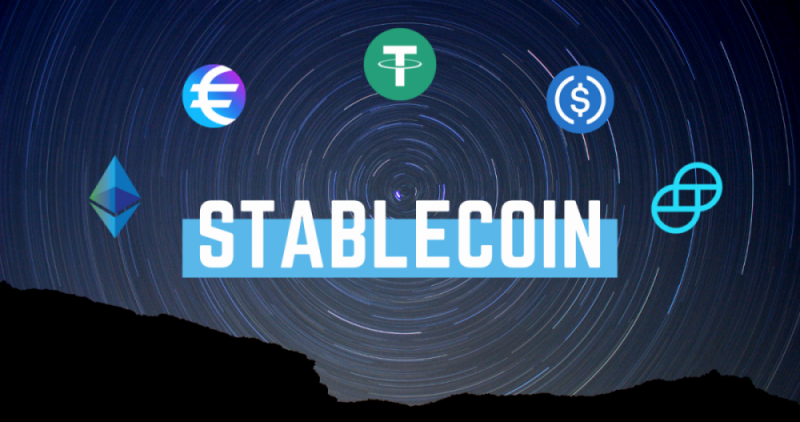Singapore Gulf Bank Plans Major Push into Stablecoins with $50M Funding
25.11.2024 21:00 2 min. read Alexander Zdravkov
Singapore Gulf Bank, a digital-forward financial institution backed by the Singapore-based Whampoa Group and Bahrain Mumtalakat Holding Co., is preparing to raise $50 million in early 2025.
The bank is reportedly in talks with a Middle Eastern sovereign wealth fund and additional investors to sell less than 10% of its equity, with the funds earmarked for enhancing its product offerings, bolstering its payment network, and expanding its workforce.
In a move signaling its ambitions in the digital payments space, the bank plans to acquire a stablecoin payments company from either the Middle East or Europe by the first quarter of 2024. While specific details on the acquisition remain undisclosed, the strategy reflects growing interest in stablecoins as fast, cost-effective payment solutions gaining traction with businesses and investors worldwide.
The bank has positioned itself as a pioneer in integrating traditional and digital financial services, currently offering corporate clients the ability to manage both asset types on a unified platform. By the end of 2024, this service will expand to individual customers, underscoring its commitment to innovation and accessibility.
This development comes as optimism around digital assets surges following Donald Trump’s re-election. Since his victory, the cryptocurrency market has grown by nearly $1 trillion, fueling confidence in regulatory clarity and prompting more deal-making in the sector. With Bahrain and other Middle Eastern hubs like Dubai and Abu Dhabi adopting crypto-friendly policies, Singapore Gulf Bank appears poised to capitalize on the region’s drive to lead the blockchain revolution.
-
1
KiloEx Unveils Full Compensation Plan After April Exploit
24.04.2025 13:11 2 min. read -
2
Gold Rally Loses Steam as Technical Signals Point to Pullback
01.05.2025 15:00 1 min. read -
3
Trump Faces Backlash Over Memecoin-Linked White House Access
04.05.2025 9:00 2 min. read -
4
Crypto Is the Future, Not Banks, Says Eric Trump
30.04.2025 21:00 1 min. read -
5
Cathie Wood Backs Bitcoin and Tesla as Catalysts for Deflationary Growth
11.05.2025 22:00 2 min. read
Cardano Founder Denies Claims of ADA Fund Misuse Amid Legal Threats
Tensions have escalated in the Cardano community following serious accusations against its founder, Charles Hoskinson, regarding the alleged mishandling of over 300 million ADA tokens.
FTX to Begin Multi-Billion Dollar Creditor Repayments by End of May
FTX, the defunct crypto exchange at the center of one of the industry’s biggest scandals, is preparing to begin large-scale repayments to its creditors starting May 30.
Web3 Games Cool Off, but Infrastructure Is Quietly Booming
The hype around blockchain gaming has taken a noticeable dip, but industry insiders suggest the lull may signal something positive: maturation.
Peter Schiff Warns Against Investing in Companies That Simply Hold Bitcoin
Economist and gold advocate Peter Schiff has renewed his criticism of the crypto market, but this time, his focus isn’t just Bitcoin—it’s the growing trend of companies whose business models revolve entirely around holding the digital asset.
-
1
KiloEx Unveils Full Compensation Plan After April Exploit
24.04.2025 13:11 2 min. read -
2
Gold Rally Loses Steam as Technical Signals Point to Pullback
01.05.2025 15:00 1 min. read -
3
Trump Faces Backlash Over Memecoin-Linked White House Access
04.05.2025 9:00 2 min. read -
4
Crypto Is the Future, Not Banks, Says Eric Trump
30.04.2025 21:00 1 min. read -
5
Cathie Wood Backs Bitcoin and Tesla as Catalysts for Deflationary Growth
11.05.2025 22:00 2 min. read

